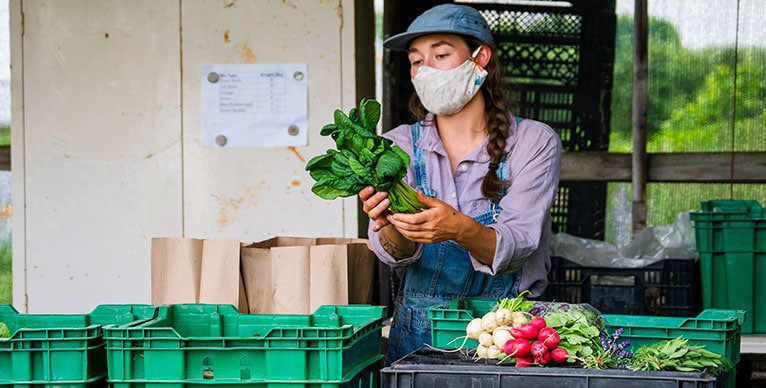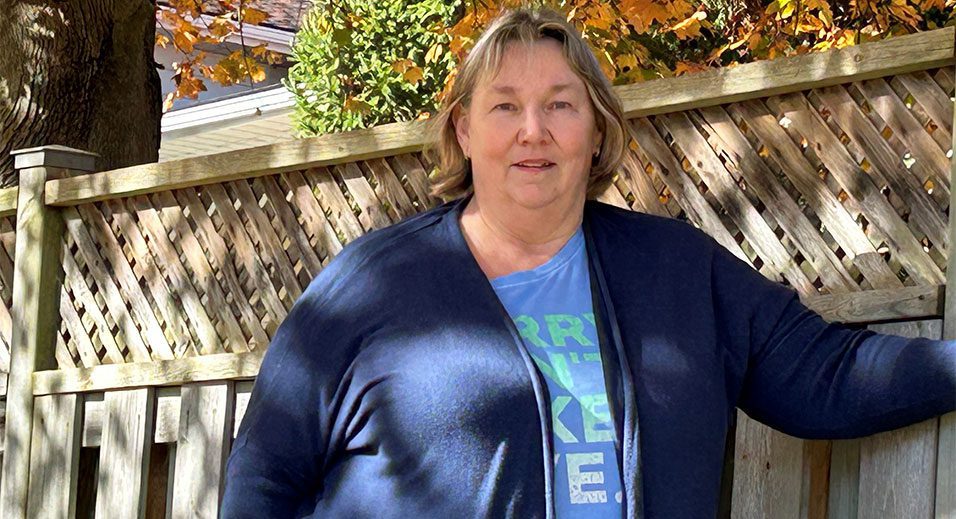Three Food Insecurity Research Scholarships
Launched in 2020, the Centre awards three scholarships to support research that advances a better understanding of food insecurity in Canada. These scholarships were created in recognition of the contribution of David Emerson, Wallace McCain and Purdy Crawford as past Chairs of the Maple Leaf Foods’ Board of Directors. These $15,000 scholarships support Master or PhD students who are pursuing research that contributes to the body of knowledge on food insecurity, including determinants, risk factors, impacts and the efficacy of potential interventions such as programs, policies and market instruments.
Despite the pandemic, our 2020 scholarship recipients are making progress on their research!
Michelle Aktary is a Registered Dietitian and a MSc candidate who plans to transition into her PhD at the University of Calgary. She is exploring the impact of the British Columbia Farmer’s Market Nutrition Coupon Program on diet quality and household food insecurity. As one of only a few government-funded programs of this type in Canada, it offers a healthy food subsidy along with supportive nutrition skill-building to community members. Michelle’s research will help us understand whether this model has the potential to support food security in other communities across Canada.
Lindsey Vold is a PhD candidate at the University of Saskatchewan. She is working with the Inuvik Community Greenhouse to evaluate the impact of community food programs in northern communities on food security. Achieving food security in the north is challenging due to a variety of factors, including climate change, traditional diets, the cost of transporting food to remote locations, federal subsidies, and limited food outlet options. Therefore, her research will help the Centre learn why community-designed and driven approaches are needed to address these challenges and build sustainable food security in the North.
Bochu Liu is a PhD candidate at the University of Toronto. He is examining how time, transportation and geographic location can constrain food access in urban environments. While lack of financial resources is the biggest driver of household food insecurity, other factors like the built environment and time pressures can also challenge a households’ ability to access food. Bochu’s research will help us understand what types of environments and time use patterns are best to support food security and inform interventions to make them more accessible.

Our scholarship program is currently accepting applications for the 2021/22 academic year! The application period closes on February 12th, 2021. Please share this amazing opportunity with the food security scholars in your life, and help the Centre meet our goal of collaboratively reducing food insecurity in Canada.



